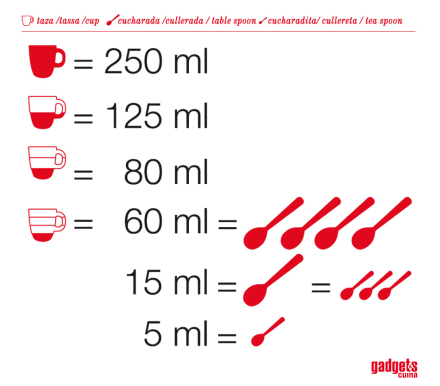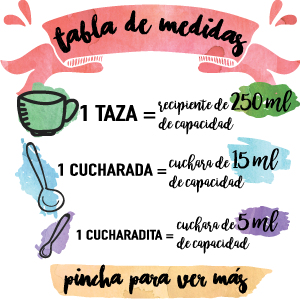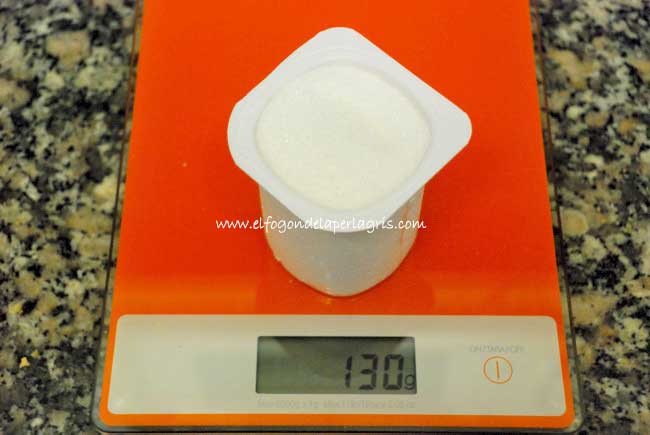
Tabla de equivalencias y medidas en la cocina | Receta | Tabla de equivalencias, Equivalencias cocina, Equivalencias reposteria

Rama - Tabla de equivalencias Rama, conoce las equivalencias de tazas-gramos para tus recetas favoritas. Te lo contamos ⬇️ y no olvides decir #MeLoEnseñoRama. #RamaTip | Facebook

📌🍰 TABLA DE EQUIVALENCIAS TAZA ➡️ GRAMOS ✓ Es posible que ahora que estás en casa le hayas dedicado un poco de tiempo a la cocina, especialmente a la repostería, a preparar



















